Icarus
Grade 3
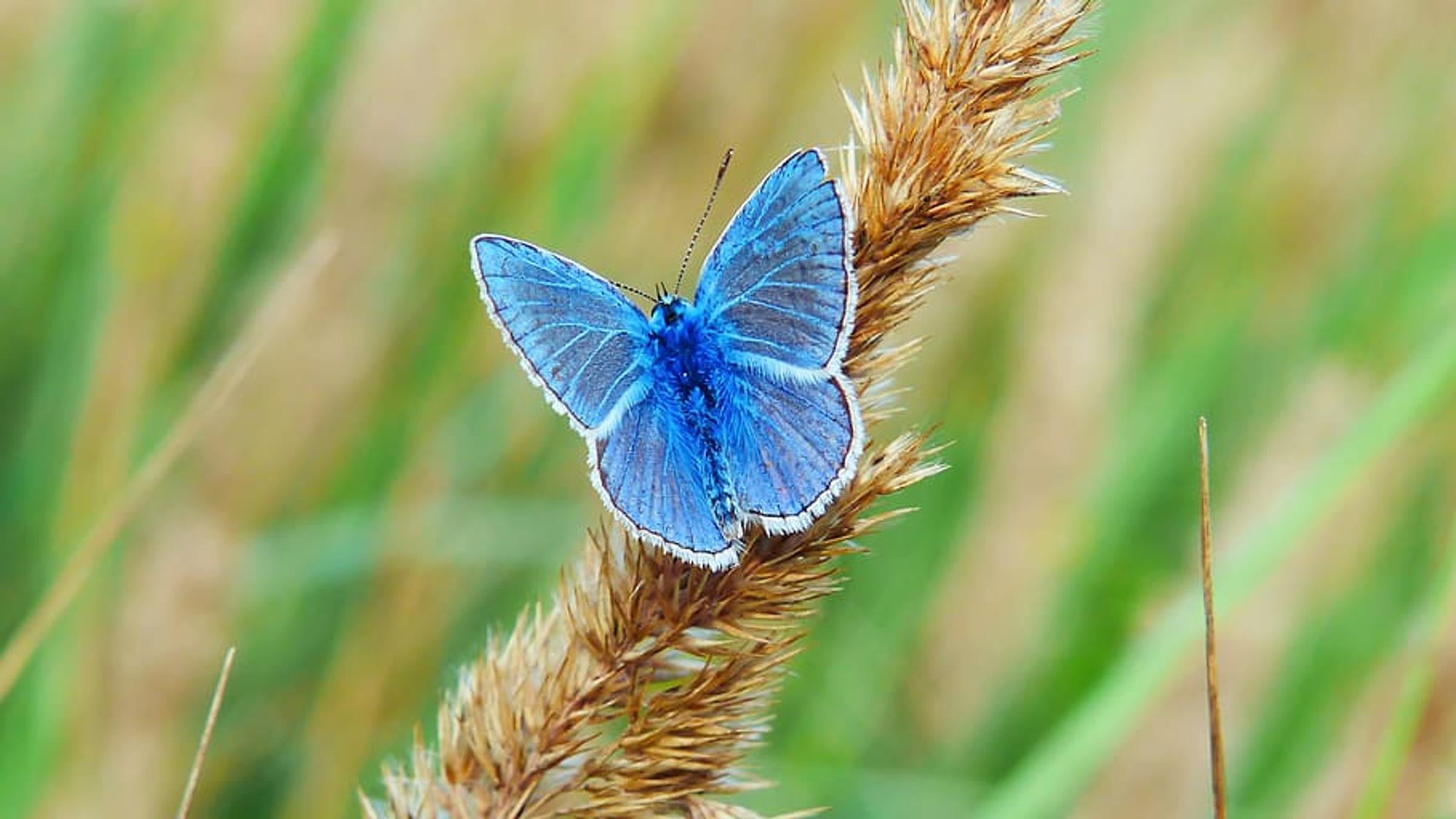
Icarus
Grade 3
Welcome to the month of August! A month of learning, discovery, and fun! We hope you and your family are enjoying the final stretch of winter and keeping warm.It is an exciting time in our classroom as students continue to grow in confidence and build on the skills they’ve been developing since the start of the year.
This month, our focus is on building healthy eating habits, staying active, and supporting each student to reach their personal best.
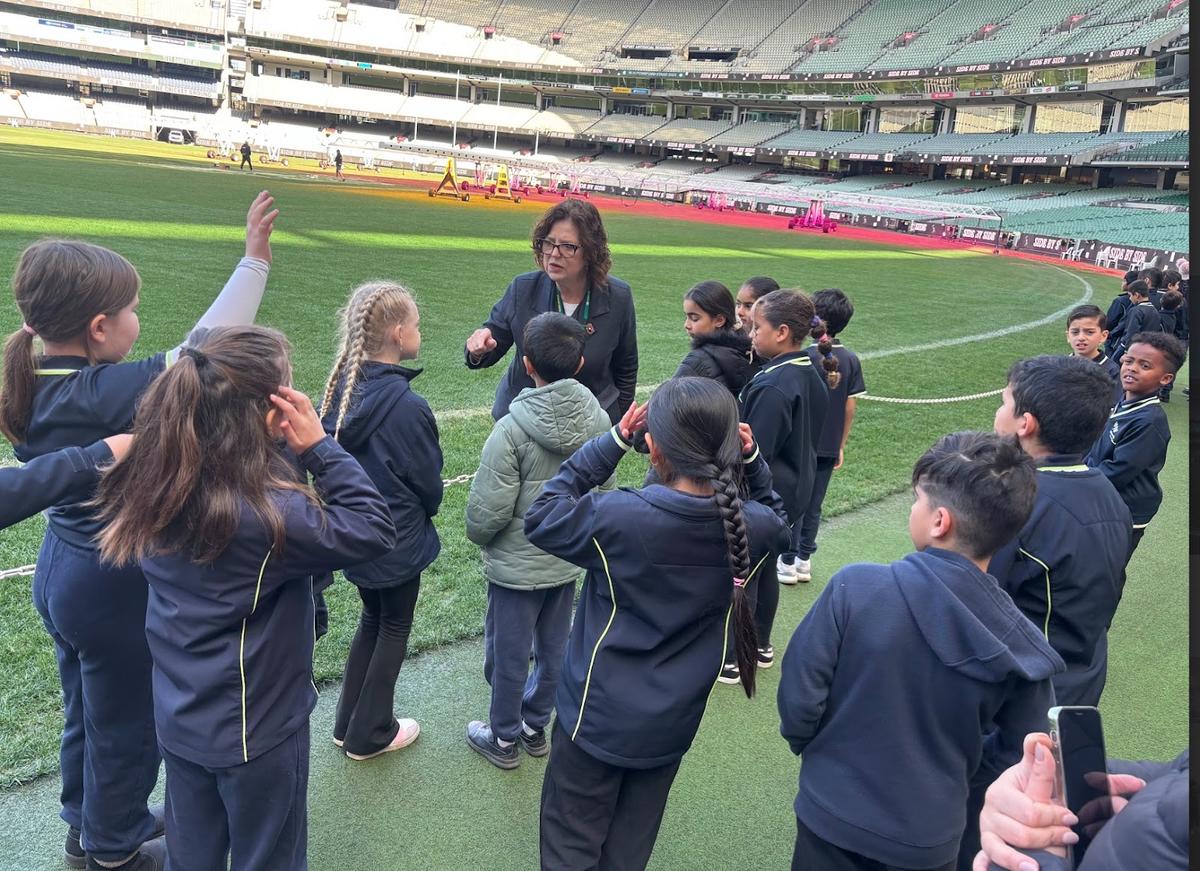

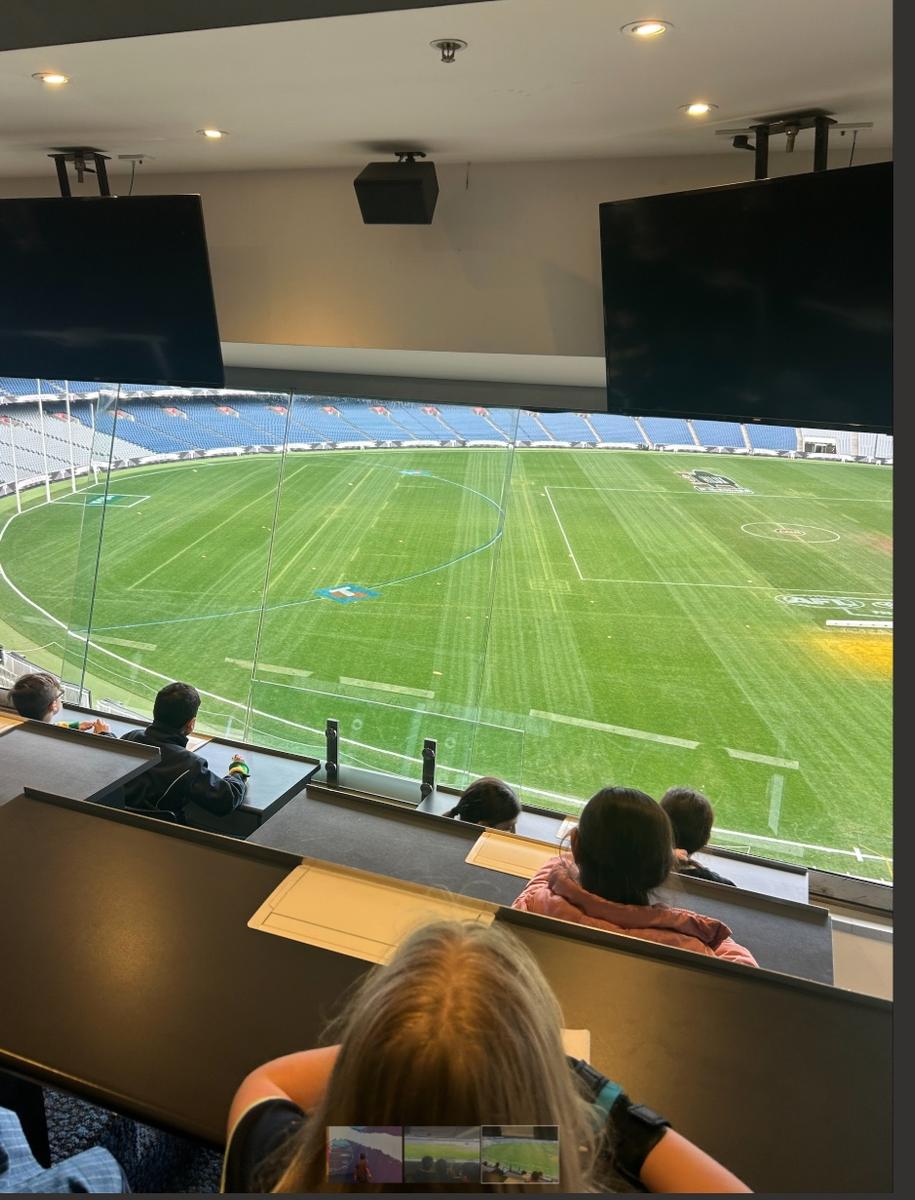

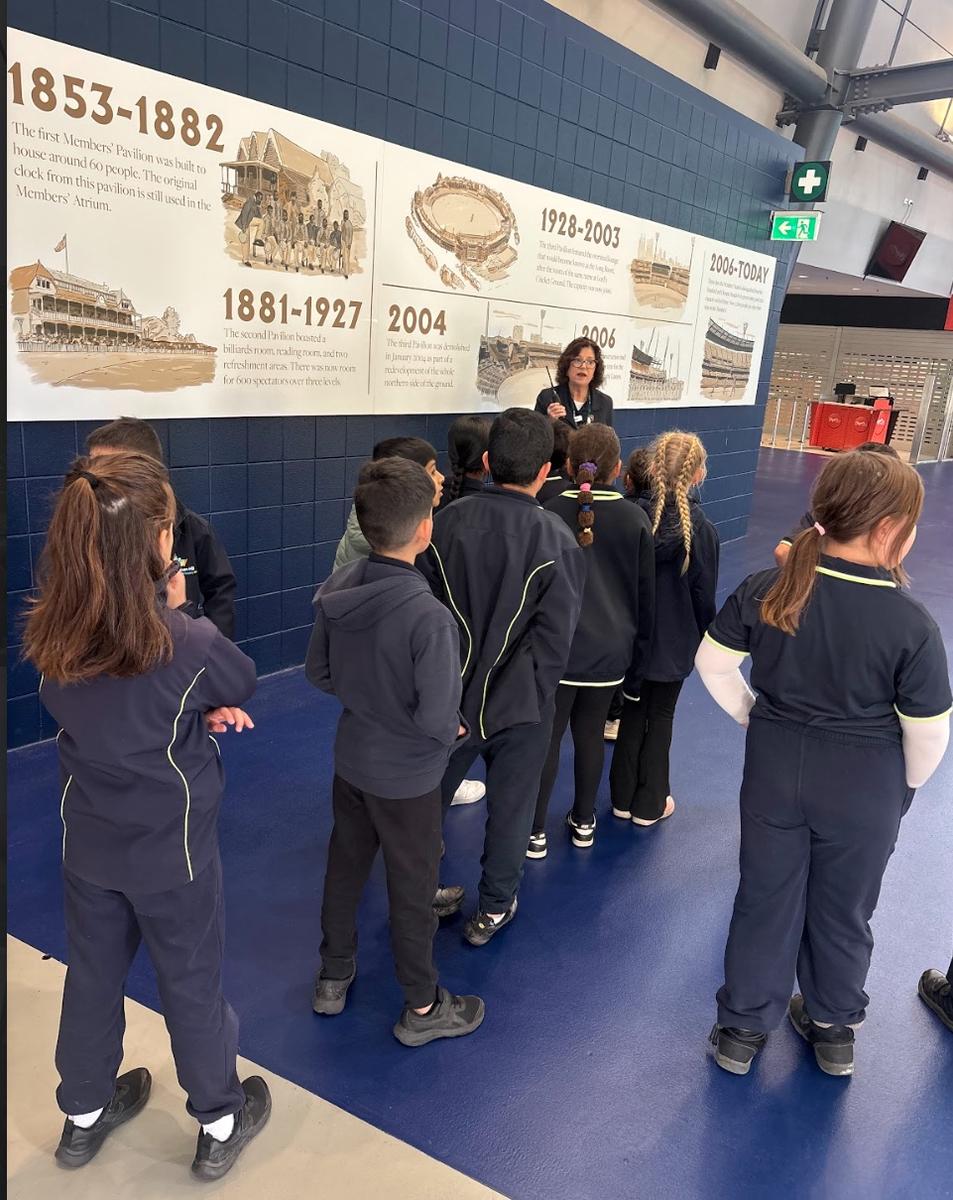

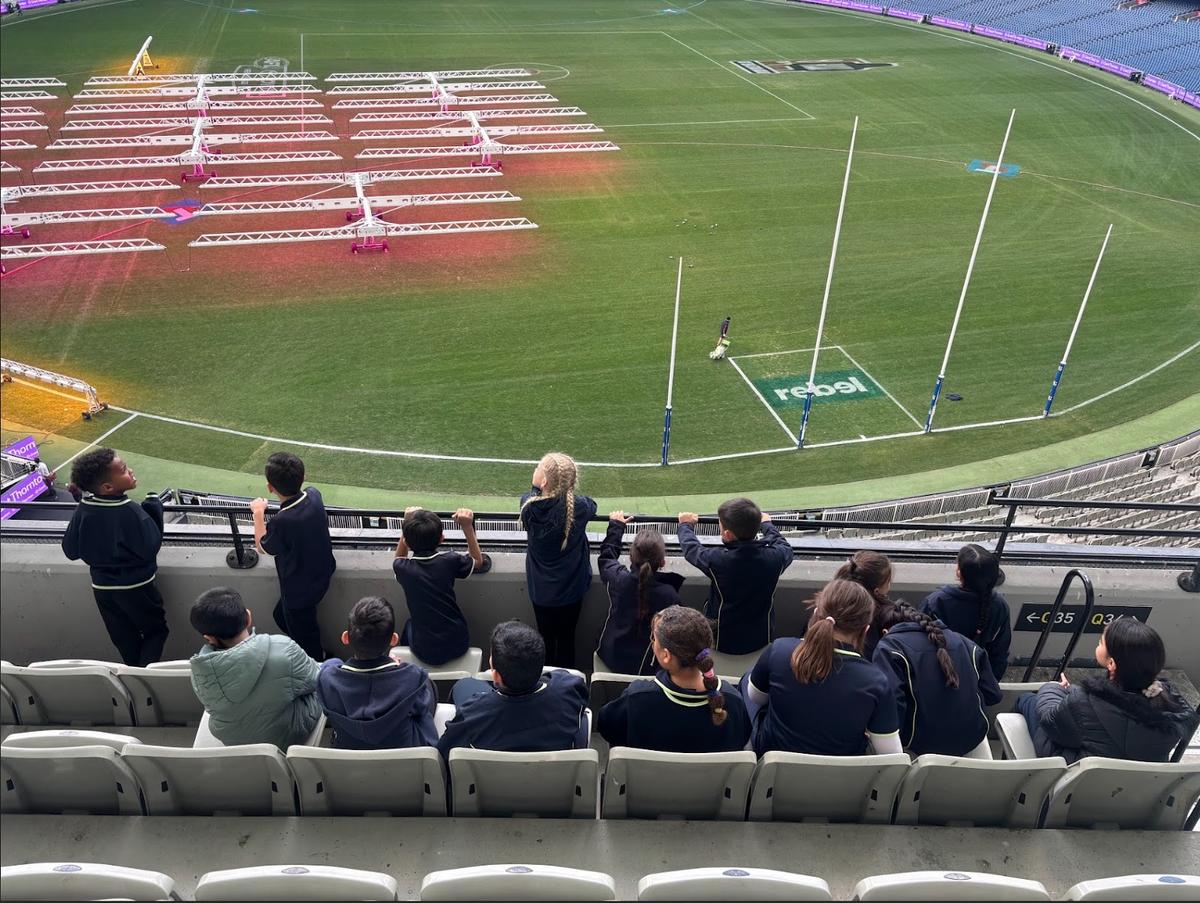

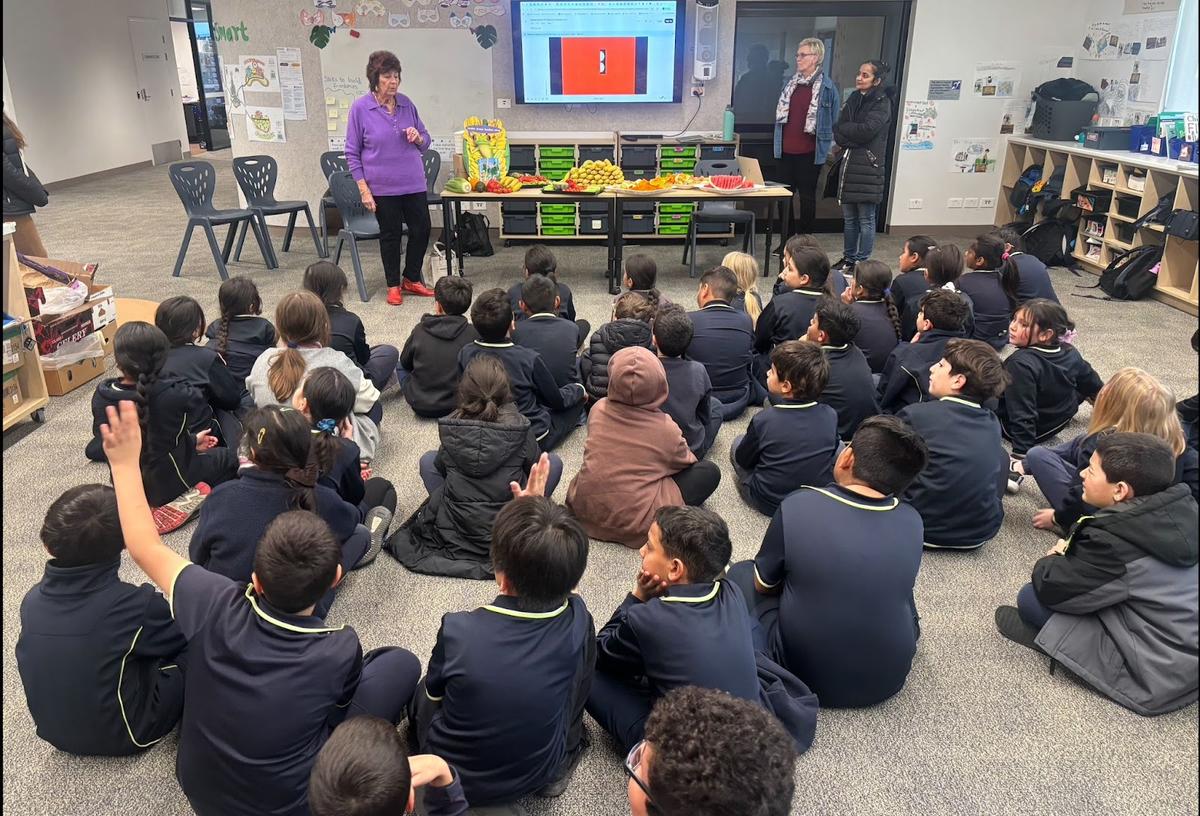

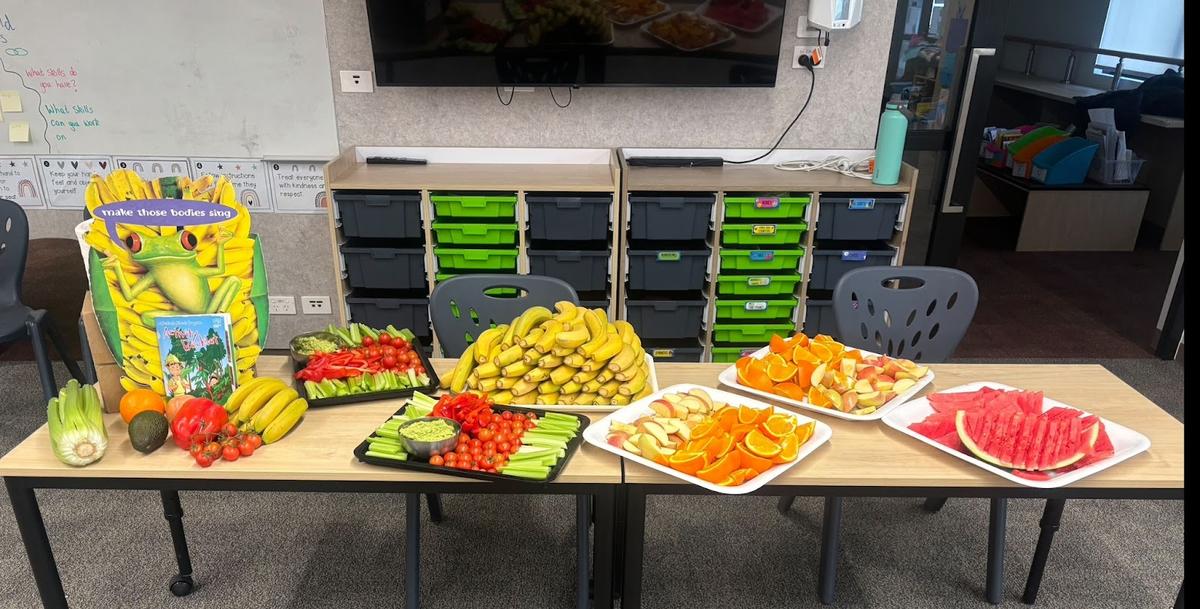

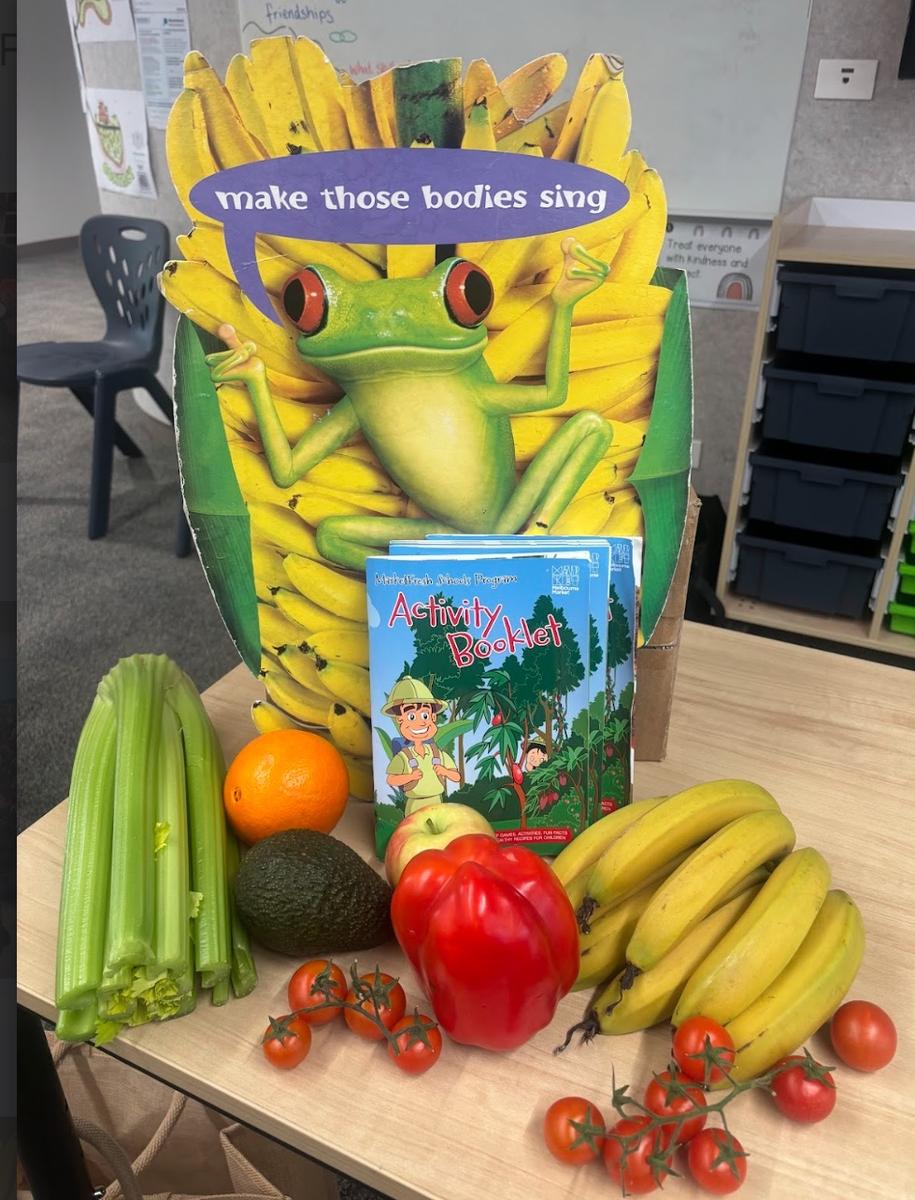

-Reading folders should be brought to school every day.-Homework is due each Friday.-Please support your child by practising weekly spelling words at home.
In Year 3, students have been developing a range of reading and word knowledge skills to support their comprehension and vocabulary. Students have learnt to make predictions using clues from the title, cover, and text to help us understand what might happen next. Students have also applied their knowledge of phoneme–grapheme relationships, syllables, and blending and segmenting to read and write longer, more complex words. Our word work includes understanding base words, prefixes and suffixes, and learning general spelling rules for adding suffixes to base words. This has helped students decode and comprehend new words as they read and write. In spelling, students focused on using sound–letter knowledge and recognising less common spelling patterns to spell words accurately. As part of our reading comprehension work, students used strategies like visualising, predicting, connecting, summarising, and questioning to build both literal and inferred understanding of texts. They identified key ideas and important details, learning new content through reading and listening, comparing how different texts present similar information, and drawing inferences by combining evidence from the text with their own background knowledge. Students also learnt to recognise persuasive language and features in texts such as advertisements that are designed to influence children. These skills all supported their development to be confident, critical, and engaged readers.
This term in Writing, Year 3 students have been learning about two kinds of non-fiction texts: information reports and procedural texts.
First, we wrote information reports about littering. This is linked to our whole-term Literacy focus on caring for the environment and understanding why it is important to reduce waste. We also researched and wrote reports about famous Australian athletes. This linked to our recent excursion to the Sports Museum at the MCG, where students learned about different sports and the achievements of Australian athletes. It also connected to our Inquiry topic on healthy living, which focuses on being active and eating well. Students learned how to take notes, organise information under subheadings, and write clear sentences with facts.
Next, we learned how to write procedural texts. We started with a shared class text called How to Make a Compost Bin/Heap, which linked to our sustainability learning. Students wrote their own clear step-by-step instructions, using action verbs (e.g., cut, mix) and time words (e.g., first, next).
In all writing tasks, students followed the writing cycle: plan, draft, revise, edit, and publish. We used ARMS (Add, Remove, Move, Substitute) and CUPS (Capitalisation, Usage, Punctuation, Spelling) to check and improve our writing. Students then published their final pieces, making sure they were clear and easy for others to read.
These projects have helped students to improve their research skills, organise ideas, and write for a clear purpose.
This term in Year 3 Maths, students have been building their understanding across several key areas of number, measurement and time.
Place Value
We’ve been learning to recognise, represent and order natural numbers beyond 10,000. Students are developing confidence in reading and writing large numbers using correct naming and numeral conventions.
Division
Students have been exploring division by sharing and grouping strategies. They are learning to understand the relationship between multiplication and division, using arrays, number lines and problem-solving tasks to deepen their skills.
Time – Analogue and Digital
We’ve been working on reading both analogue and digital clocks, learning to tell the time to the nearest minute. Students are making connections between hours and minutes, and understanding how these are shown on different clock types.
Mass
Using scaled metric units like grams and kilograms, students have measured and compared the mass of everyday objects. They’ve enjoyed hands-on activities using balance and digital scales to estimate and record measurements accurately.
Fractions (Just Beginning!)
We’ve just started exploring fractions! Students are working on identifying halves, quarters and thirds. They are working on showing and writing the fractions in different ways.
In Inquiry, Grade 3 students have been investigating health and fitness, focusing on how sleep, exercise, and a balanced diet work together to keep our bodies and minds strong. Through class discussions, mini-research tasks, and reflections, students explored what quality sleep looks like, how regular movement boosts mood and learning, and why colourful, fresh foods fuel active lives. A highlight was our excursion to the MCG, where students discovered how athletes train, prepare mentally, and recover to perform at their best. We also welcomed the Market Fresh incursion, sampling seasonal produce and learning how food travels from farm to table. These rich, hands-on experiences strengthened real-world connections to our classroom learning and inspired healthy daily habits.
Students have been developing important life skills through our focus on social awareness and wellbeing. We have explored what it means to be kind—both in our words and actions—and how our internal thoughts can shape how we feel and behave. Students have been learning to recognise the difference between internal and external thoughts, and how managing these can help us maintain a healthy and positive mindset. As part of our ongoing work with 'The Resilience Project', students have engaged in activities that promote gratitude, empathy, and mindfulness, helping them to build stronger connections with others and themselves. These skills are essential for supporting mental health and creating a respectful, caring school community where everyone feels valued.